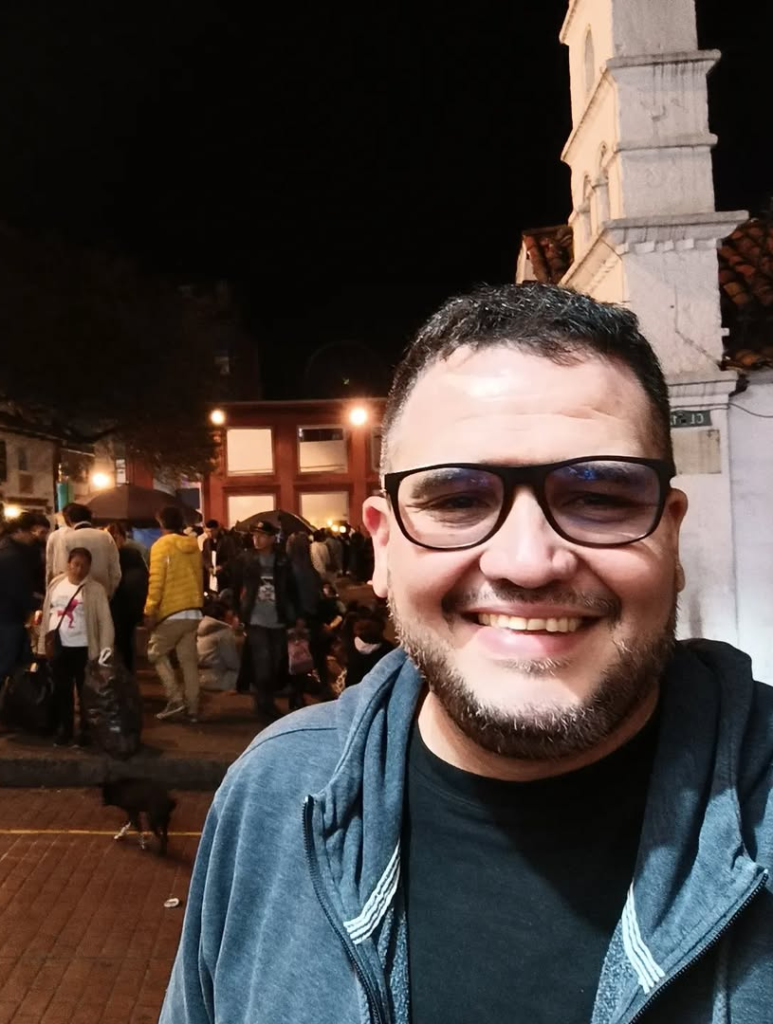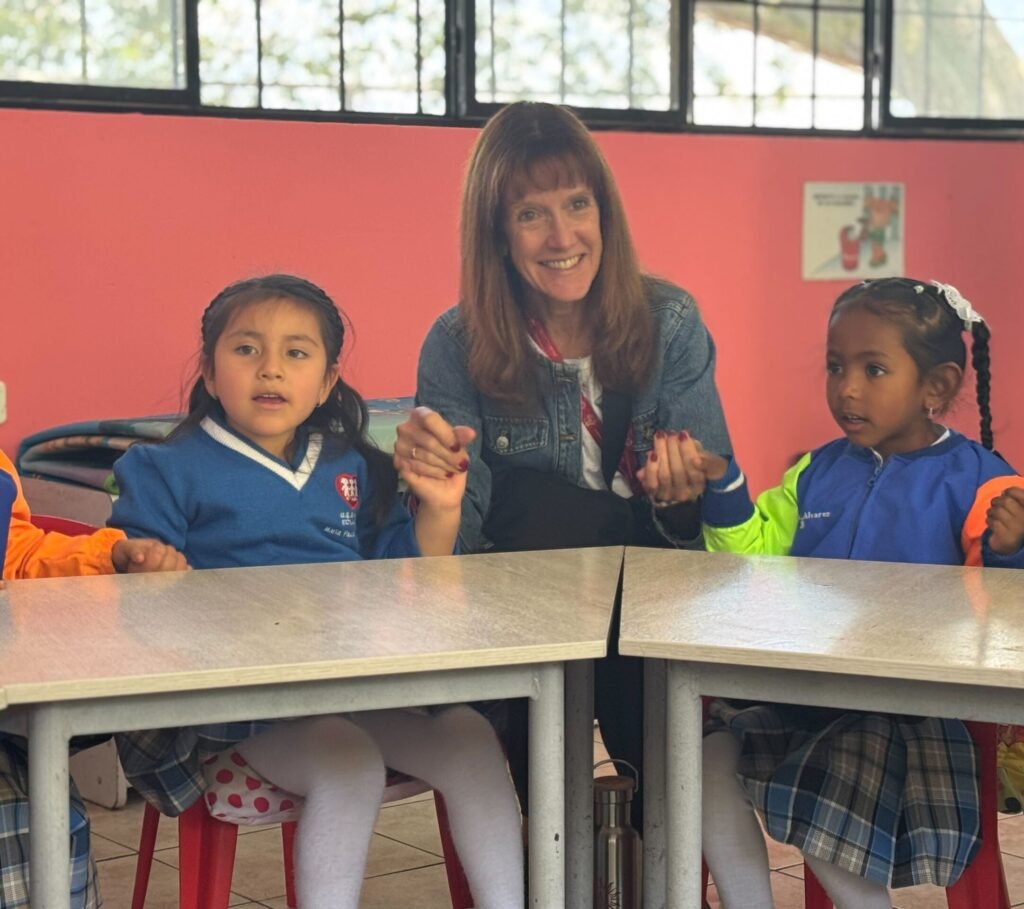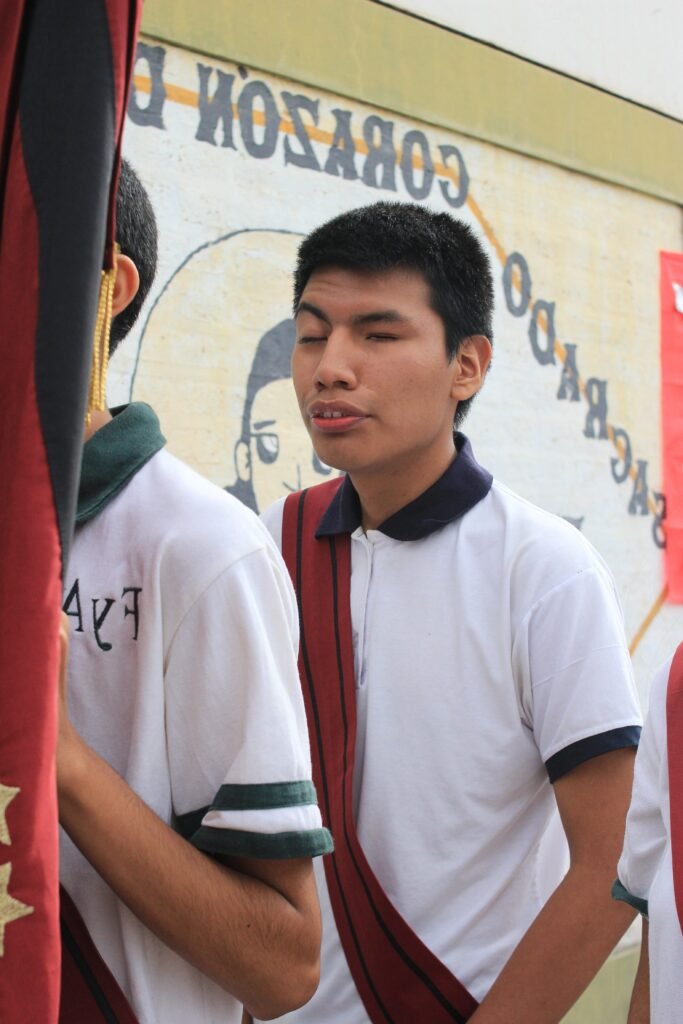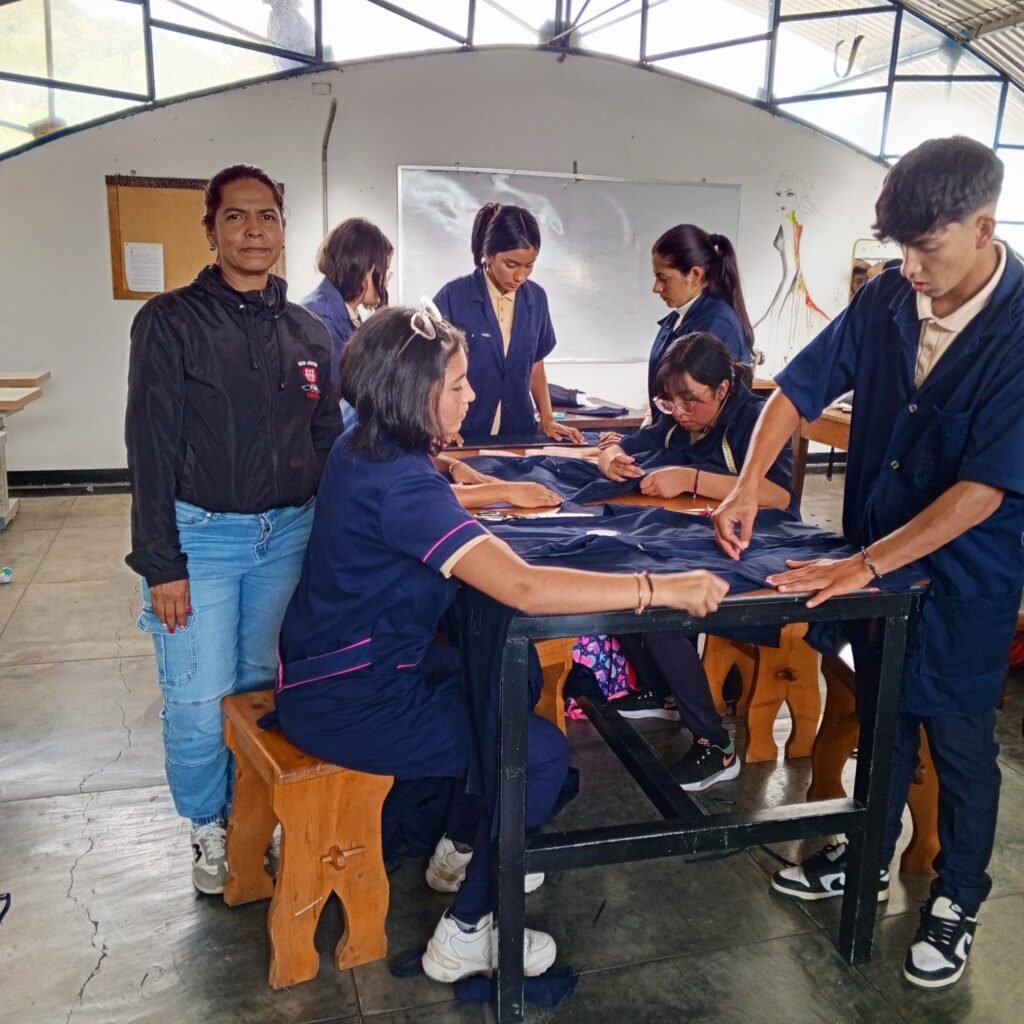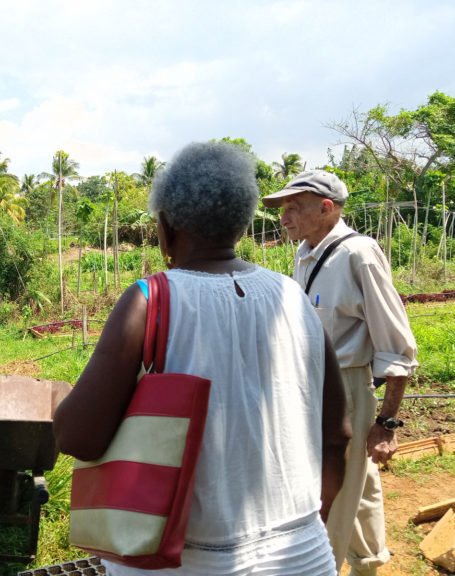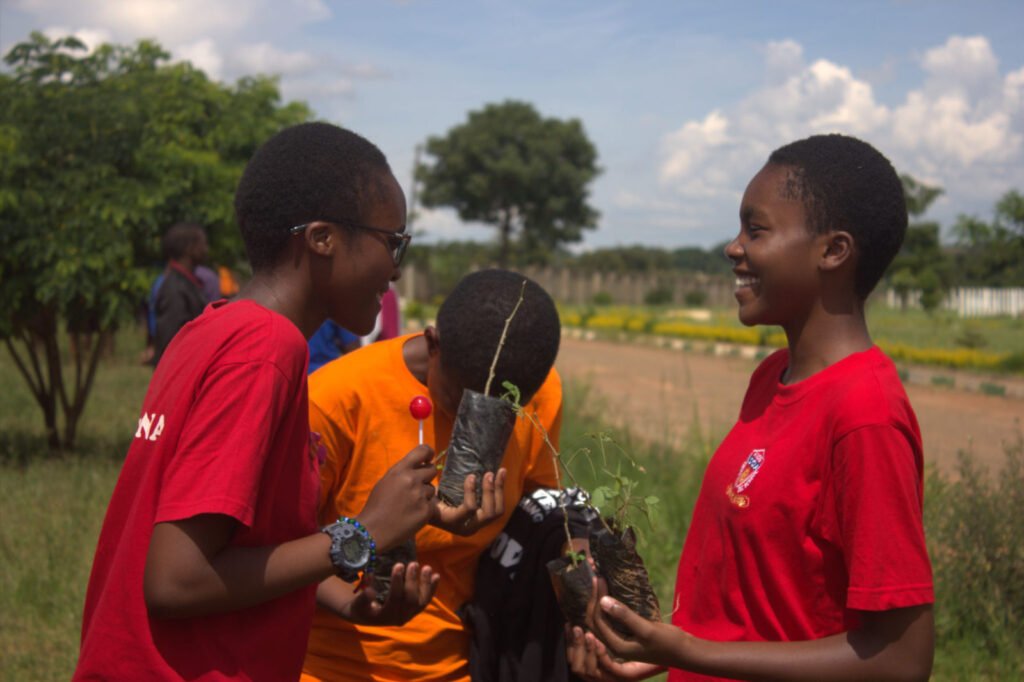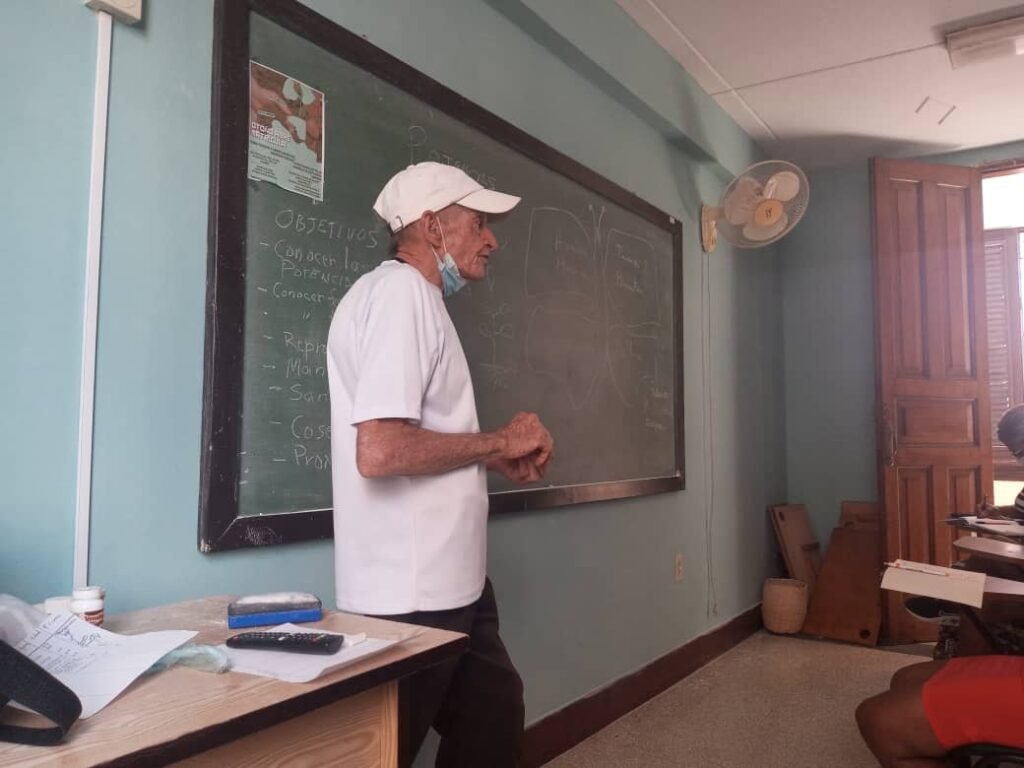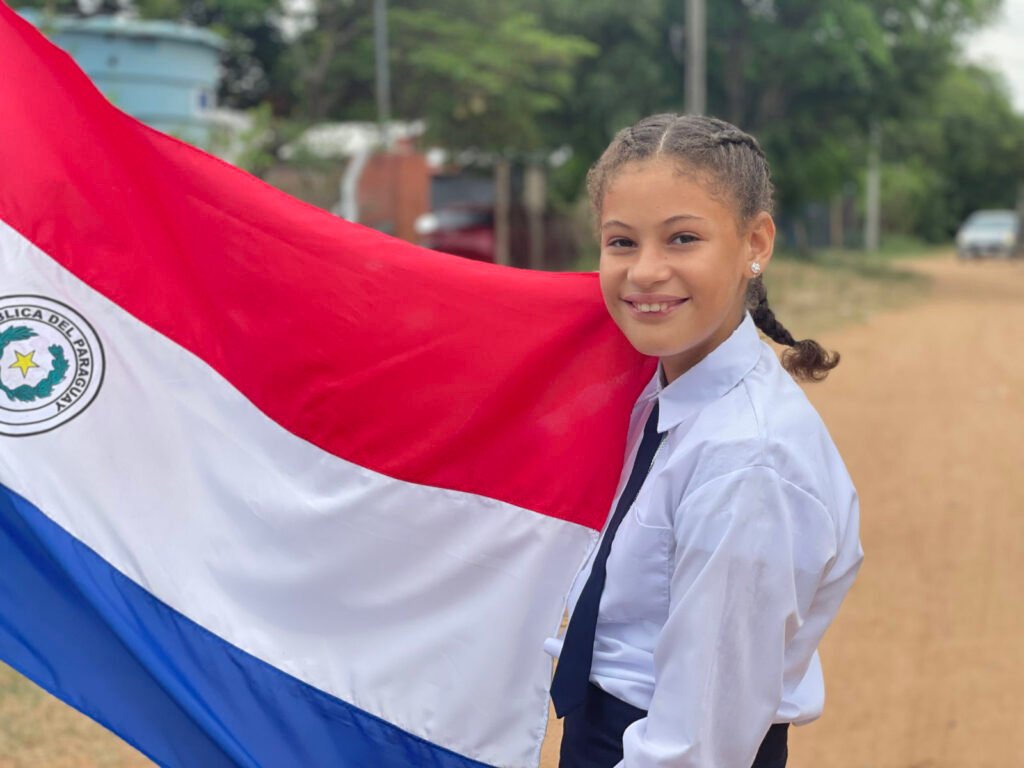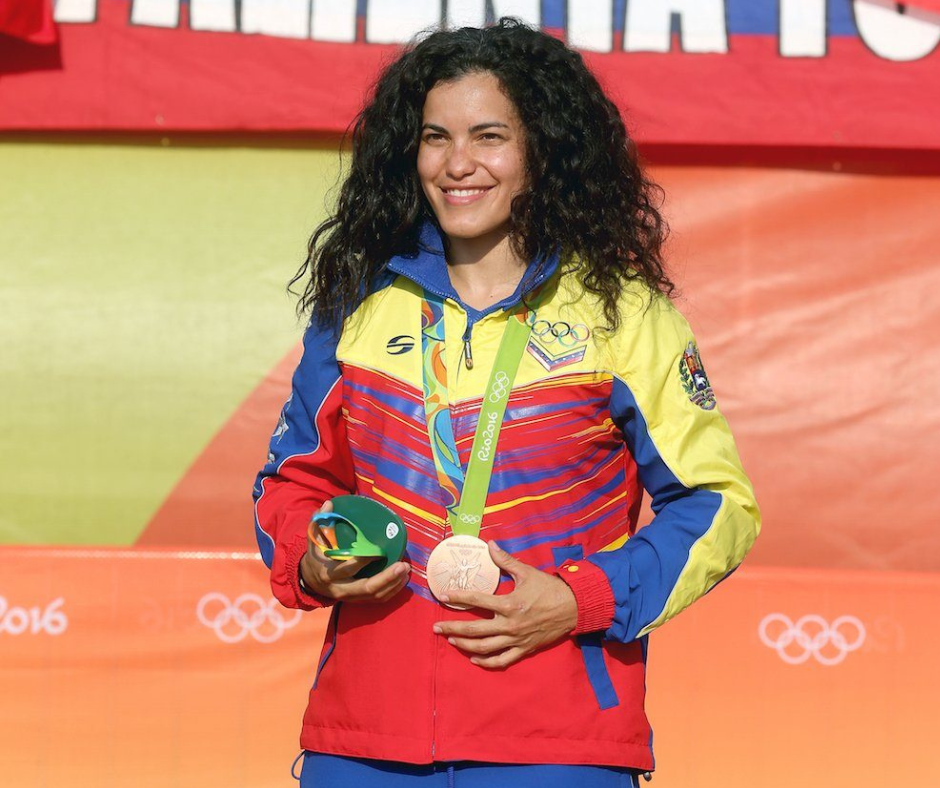Defend the Right to Quality Education
La silla roja
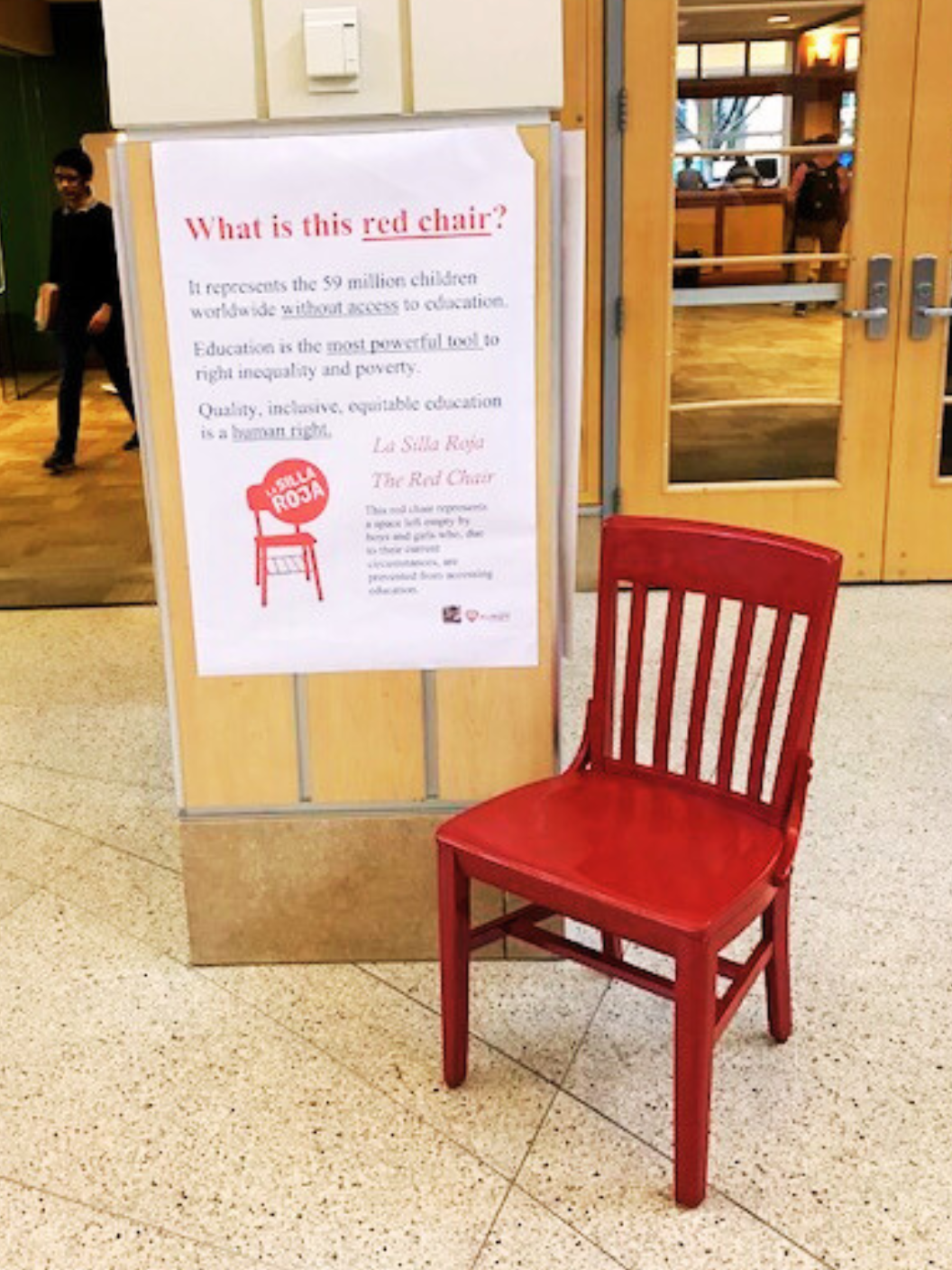
LA SILLA ROJA
Defend the Right to Quality Education
La Silla Roja - The Red Chair
Join us as we defend the right to education for the over 250 million children and youth worldwide who are still out of school. La Silla Roja (or The Red Chair, in English) is a symbol of the right to quality and inclusive education and calls attention to the impact a lack of access to education has on personal and communal development.
This initiative was launched in 2012 by our partners at Entreculturas – Fe y Alegría Spain and has since spread into a global movement. Resources are shared by the Educate Magis network, by our Fe y Alegría partners throughout Latin America, Europe, and Africa, and by word of mouth between passionate Ignatian Educators.
Each year the theme of the campaign changes but our mission is always the same:
Guarantee access to inclusive, equitable, and quality education for all.
The Right to Education
More than 250 million school aged children and young people are denied access to quality education.
War, climate change, forced displacement, economic instability, political crises … the reasons vary, but the result is the same: millions of students do not have access to the education they are entitled to.
Access to education means access to opportunity and a life of dignity in which individuals can recognize their full potential. It also means breaking the cycle of perpetual poverty and inclusion for marginalized groups. Where the right to education is guaranteed, people have greater access to enjoy other rights.
Quality, inclusive education is the best foundation to improving people’s lives and ensuring sustainable human development. We must defend education as a human right for all, not a privilege for some.
Global Citizenship Education
Global Citizenship Education (GCE) is centered on the understanding that we now live in a world in which people, places, and economies are increasingly interconnected. Global challenges impact us all, and solutions demand thinking and acting beyond national borders.
Through formal and non-formal educational programs, forming global citizens means that we are inspiring action, partnerships, dialogue and cooperation among. We promote active and participatory learning approaches for engaged learners who think critically about complex issues, and develop skills in communications, cooperation, and conflict resolution.
At American Jesuits International, we believe GCE provides learners with an opportunity:
- … to use critical thinking to analyze real-life issues and creatively identify possible solutions;
- … to revisit past assumptions, world views, and consider people/groups that are systematically underrepresented;
- … to have a clear focus on engagement in individual and collective action to bring about desired changes; and
- … to get involved in the community and society with multiple stakeholders, including those outside their learning environment.
Interested in implementing La Silla Roja at your school or parish?
Contact us at
Stories of Impact
Support sustainable & impactful responses
Stay up to date - Join our Newsletter

